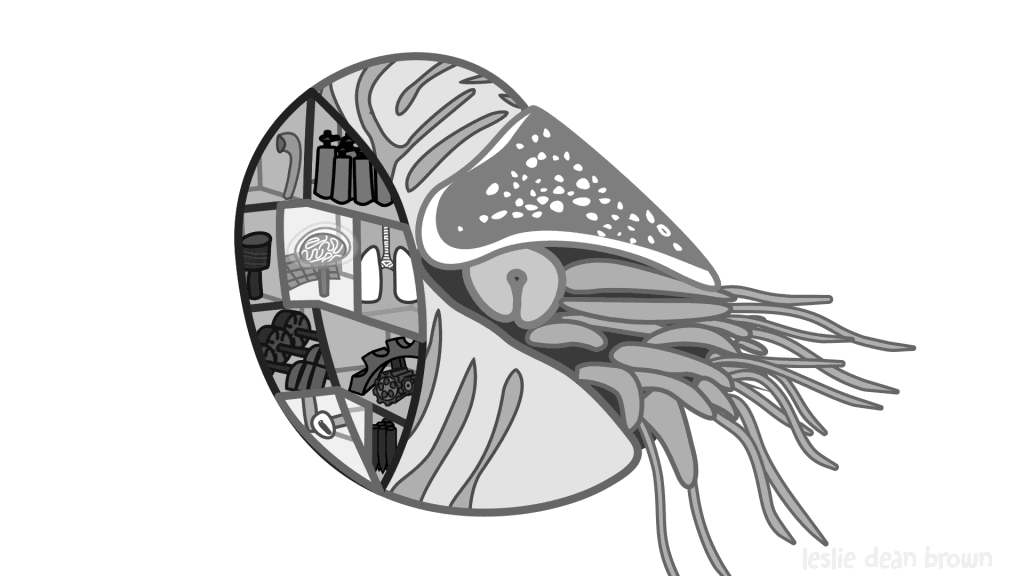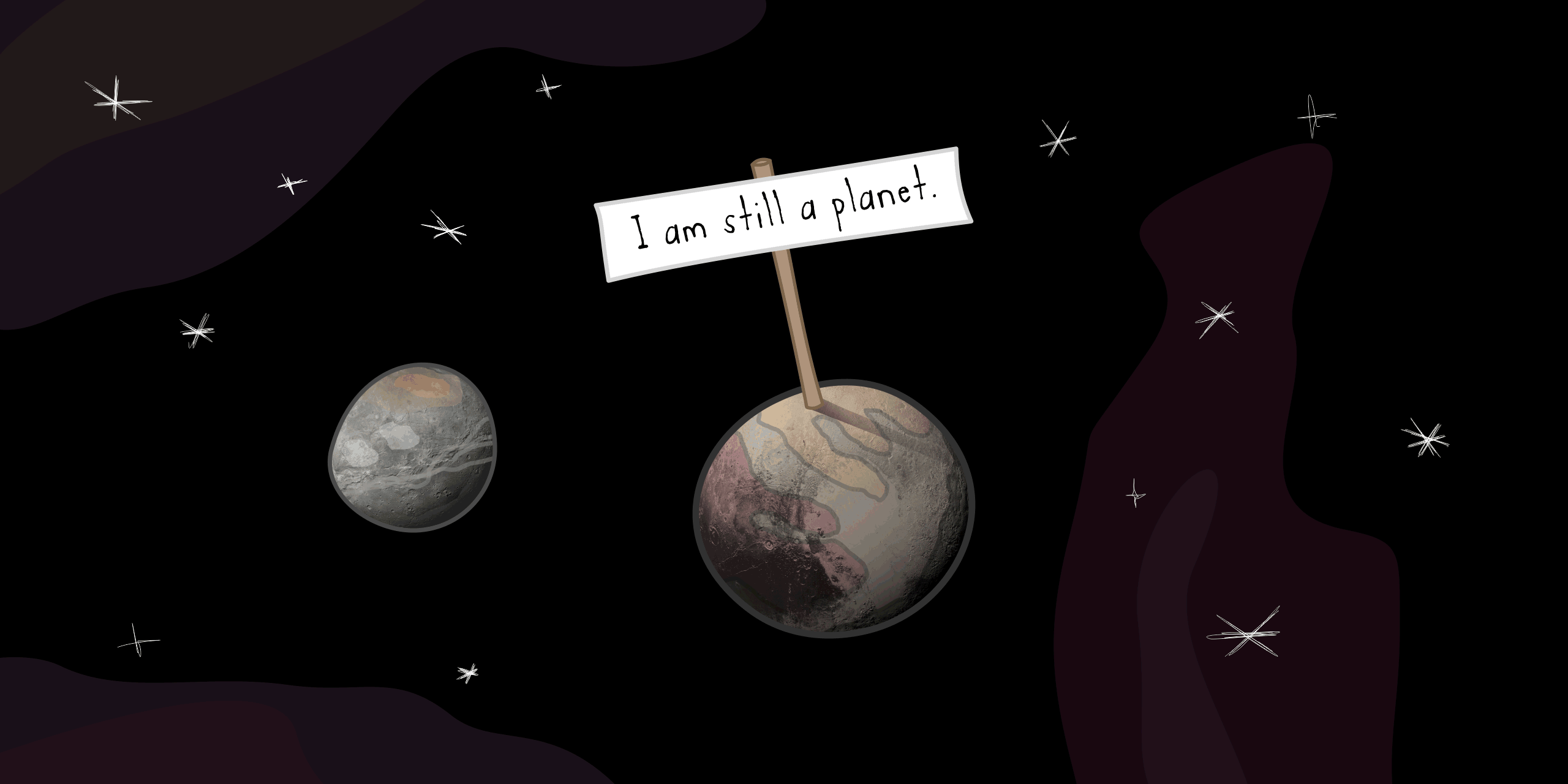
What is the strangest thing you have ever heard?
When I was growing up, by far the funniest, most preposterous thing I had ever heard anyone say was this:
“I can kick a soccer ball to China”.
As kids, I can remember us all standing in the middle of the street. And we simply erupted with laughter.
Air, friction, gravity and power aside… it was the silliest thing I had ever heard anyone say. So forever afterwards, he was known in our circle as “Space Ace Jase”.
He had said something that none of us had ever heard before. What he said… he had said the impossible.
Looking back, you have to hand it to this kid – he was certainly creative.
And I can remember wondering, how did he think up such things? Kick a soccer ball to China… that’s ridiculous! Ha ha ha ha ha ha.
But then later in life, we realise we have lost a lot of that creativity we were inherently born with. It has been slowly eroded from us.
We are taught what to say. How to say it. When to say it. Why to say it. Where to say it. Which people to say it to. So we eventually lose that sense of silliness.
I think it’s because people seem to assume you dont need to be ‘clever’ to be creative. It all starts around high school. All the nerdy, intelligent people do maths and science to get a higher tertiary entrance tank score. And science, engineering and maths don’t at first appear to be very creative, do they? They always rank higher than music, literature and art.
I used to get paid quite a bit but I found it all rather boring after several years. So you need to ask yourself: what does compensation matter if you /really/ don’t like doing it?
And then sooner or later we want to get some of that creativity back again…
So how do we become more creative?
I think creativity is simply doing something in some new way with something that has never been done before. Creativity is after all… simply creating something new!
Creativity simply means taking two things that have never been put together and just… whacking them together.
First off, have you noticed that parents often tell their children: “don’t be silly!”? They say something completely new and then they are promptly told it is silly. “Don’t be silly” you hear parents say straight afterwards.
Well I think in order to be creative, you have to be prepared to take risks like that. You have to be prepared to say something wrong. Just like kids. They are always making mistakes, but they are naturally very creative.
For me, being creative, maintaining my creativity —or better yet boosting it— usually means doing something differently. And doing something completely different each and every day.
Going somewhere I have never been. Seeing something I have never seen. Listening to sounds that I have never heard before. Or reading something I have never read before. Even feeling things I have never felt before. I’ll skip the sense of smell just to throw you off my sense-track-pattern.
So my best advice to you, if you want to be more creative, to do that, is to start doing things differently. If you have a choice, choose the option you don’t normally choose. Don’t go to the same old cafe. Don’t walk the same route.
Why do creative careers pay less anyway?
Being creative uses your intelligence in a different way. We should all be paid the same. The same as ‘clever’ people. Because I’ve noticed that clever people can actually be very uncreative. That’s why nerds are drawn to all sorts of comics. Becuase they can’t come up with that shit themselves. Am I right? Of course I’m right.
I am slowly becoming more creative and it has taken about 1-2 years to build that skill. I could argue that there is much more actual work involved in creating one of my illustrations than pressing a button and getting the results from a scientific experiment. What I mean is that there are many more minute decisions that have to be made. I should be getting paid more for illustration. But I get paid much, much less.
Unfortunately the world doesn’t seem to work that way. “Like anyone can be creative.”
I would say that if there is a theoretical basis for undervaluing creatives, it is because to be creative, sometimes you have to be prepared to make mistakes (you can’t please everyone). And people that make mistakes are sometimes not seen as being ‘creative’, they are seen as being ‘wrong’. And being wrong or silly doesn’t pay.
So creatives always get paid less. Or do they? If you think about it, professional actors and musicians are some of the most highly paid people on the planet. I’m talking way, way more than 200k salaries.
Well that’s it from me today,
Take care,
Les.

